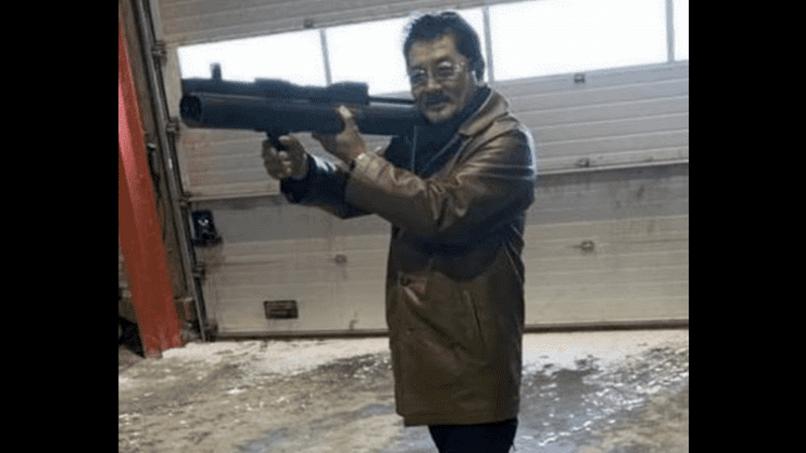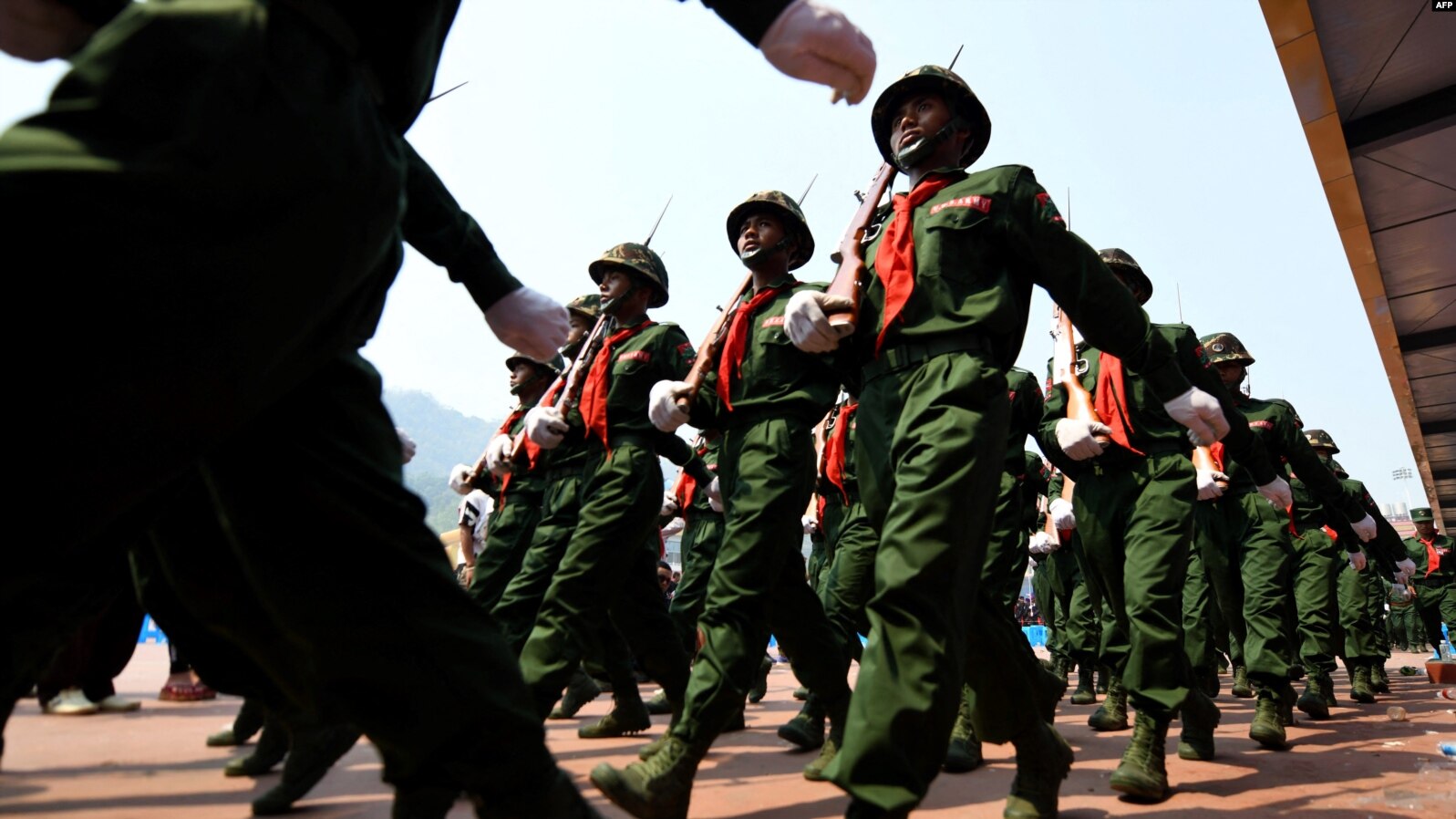In a groundbreaking case, Takeshi Ebisawa, a high-ranking leader of the Japanese yakuza, pleaded guilty in a New York federal court to trafficking nuclear materials and conspiring to traffic uranium and weapons-grade plutonium out of Myanmar.
Prosecutors revealed that Ebisawa’s illicit dealings extended beyond nuclear materials to include U.S.-made surface-to-air missiles and heavy weaponry intended for armed ethnic groups in Myanmar.
Ebisawa also admitted to agreeing to accept large shipments of heroin and methamphetamine as partial payment for these weapons, further highlighting the dangerous nexus between organized crime, arms trafficking, and the drug trade.
The U.S. Attorney’s Office in Manhattan stated that Ebisawa, aged 60, faces a mandatory minimum sentence of 10 years and could potentially serve a life sentence for his crimes.

Takeshi Ebisawa faces up to life in prison for weapons and drug dealings.
The case underscores the growing global concern over the trafficking of nuclear materials, which poses severe risks to international security.
This conviction is a significant victory for law enforcement, sending a clear message that trafficking in nuclear materials and supporting violent factions will not go unpunished. It also sheds light on the shadowy underworld of organized crime and its far-reaching influence across borders.
Ebisawa’s sentencing will mark a pivotal moment in the fight against such transnational crimes, highlighting the critical need for international cooperation to combat these threats.











































